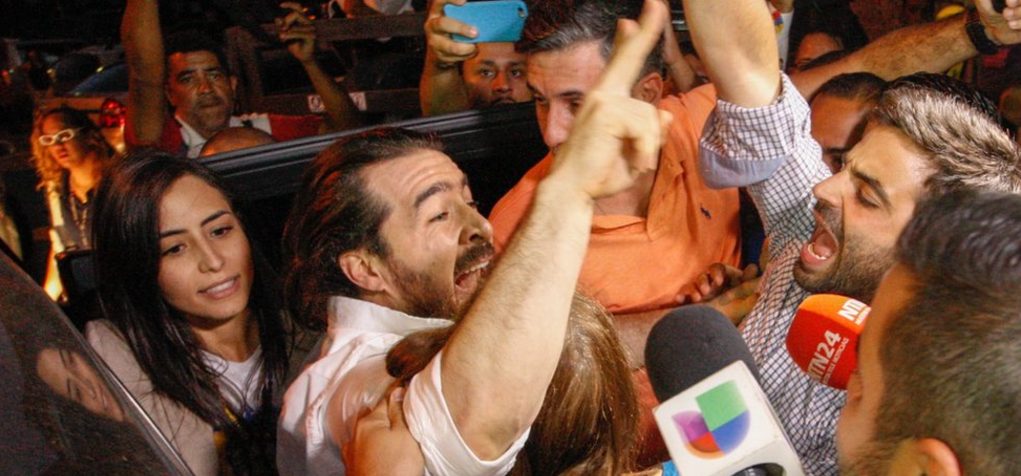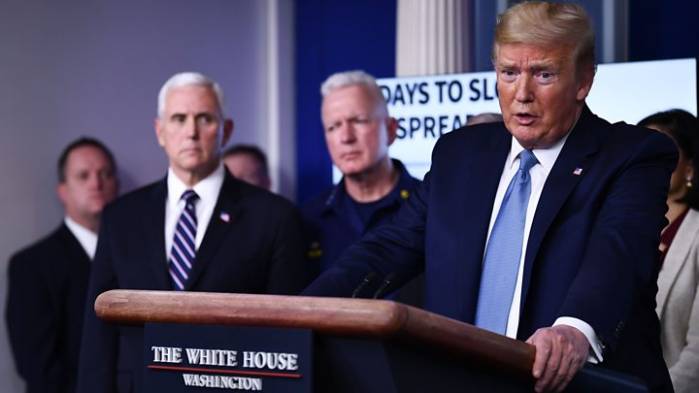The Venezuelan government has released another 40 opposition politicians and activists, bringing to 79 the number of people freed in the past two days, according to BBC reports.
Communication Minister Jorge Rodriguez, was quoted as saying the government was reviewing other dissidents’ cases.
He said it was a goodwill gesture to help ease tensions.
The announcement comes after the re-election of President Nicolas Maduro to a new six-year term last month.
The opposition boycotted the poll.
Many countries did not recognise the result.
Fourteen countries including Argentina, Brazil and Canada recalled their ambassadors from Caracas in protest.
Those released on Friday and Saturday include politicians, the son of a dissident former general, a former army general who took to the roof of his house with an assault rifle in defiance of an arrest warrant and the former mayor of the city of San Cristobal.
Many had taken part in protests against Mr. Maduro in 2014 and again in 2017; about 170 people died in clashes.
Opposition leader Julio Borges tweeted that they “should never have been in prison.”
“There is nothing to thank the dictatorship for,” he added.
Protests against IMF-backed tax reform bill continue in Jordan
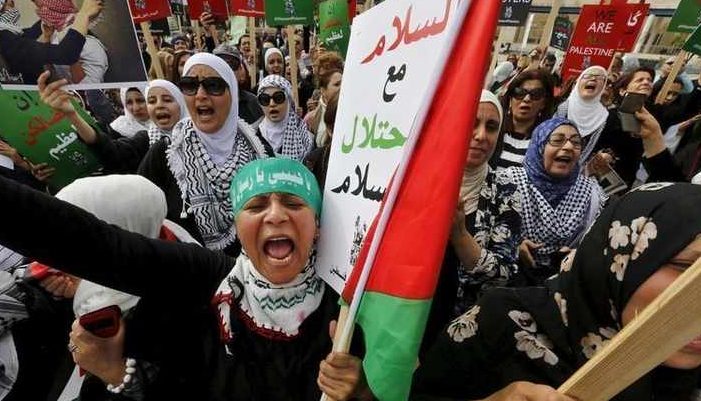
Hundreds of people in Jordan’s capital have protested for the third consecutive day against the increase of living costs and a new income tax draft law.
The rallies kicked off after more than 33 unions participated in a general strike on Wednesday, accusing the government of covering up failed economic policies.
On Saturday, crowds of people made their way to Amman’s Fourth Roundabout, where the office of the prime minister is located.
There, they chanted anti-government slogans and called for the resignation of Prime Minister Hani Mulki.
Hundreds of Jordanians also protested in other parts of the country, including the provinces of Zarqa, Irbid, and Ma’an.
In the governorate of al-Tafilah, protesters chanted, “We will not be ruled by the World Bank.”
Russia ‘to supply S-400 system to Qatar’ despite Saudi position
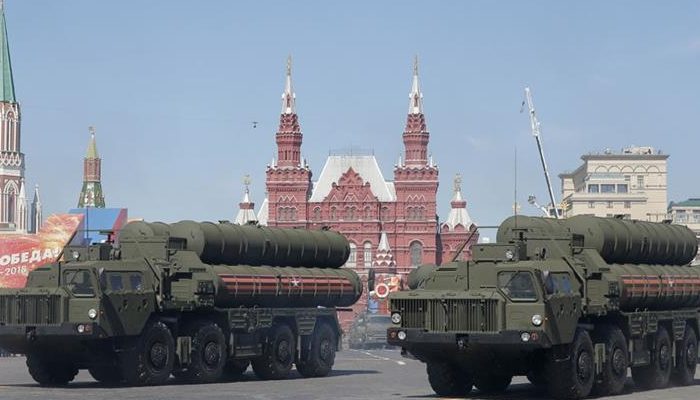
A senior Russian politician has said Moscow still plans to supply an advanced aerial defense system to Qatar despite Saudi Arabia’s reported opposition.
Al-Jazeera reports said that in comments made to local media, Aleksei Kondratyev, a member of the Russian upper house and the deputy chairman of the committee on Defence and Security, said Russia would pursue its own objectives in determining sales of its S-400 surface-to-air missiles.
“Russia seeks its own interest, supplying S-400 to Qatar and earning money for the state budget. Saudi Arabia’s position has nothing to do with it, Russia’s plans will not change,” Kondratyev was quoted as saying by Sputnik on Saturday.
“It is clear that Riyadh plays a dominant role in the region, but Qatar gets an advantage by enhancing its armed forces due to the acquisition of Russian S-400 systems. Therefore, Saudi Arabia’s tension is understandable.”
Kondratyev said it is also in the United States’ interest to prevent the sale of the S-400 since this means it will “lose a very lucrative regional market of weapons.”
His comments come a day after French daily Le Monde reported that Saudi Arabia’s King Salman threatened to take military action if Qatar installed the Russian-made air defence system.
In a letter addressed to Emmanuel Macron, the Saudi monarch asked the French president to pressure Doha into not acquiring the S-400.
READ ALSO: Foreign Titbits: ‘Murdered’ Russian journalist Arkady Babchenko turns up alive
G7 ministers criticise US tariffs and warn of trade war
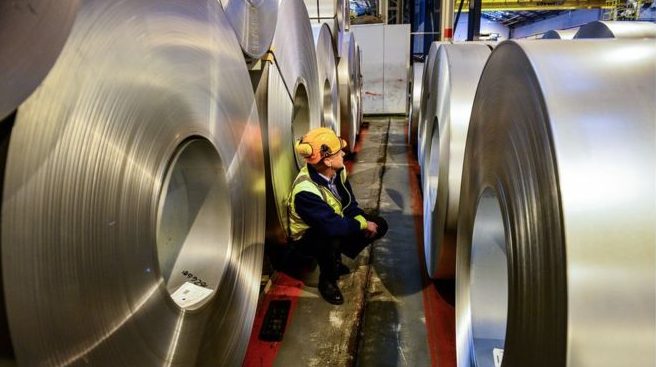
US Treasury Secretary Steve Mnuchin has faced sharp criticism from angry finance ministers of other G7 nations over America’s imposition of new tariffs on steel and aluminium imports.
France’s Bruno Le Maire warned a trade war could begin in “a few days.”
Meanwhile US Commerce Secretary Wilbur Ross met Chinese Vice Premier Liu He in Beijing to try to ease trade tensions.
President Trump insisted on Twitter that the US had been “ripped off by other countries for years on trade.”
He said the steel tariffs will protect US steelmakers, which according to him are vital to national security.
Mr. Trump has also complained about barriers US firms face in Europe and elsewhere.
“Time to get smart!” he added.
At a heated meeting in the Canadian ski resort, the EU and Canada threatened to retaliate.
But Mr. Mnuchin denied that the US had abandoned leadership in the global economy and said he had passed on the other countries’ strong feelings to Mr. Trump.
Nicaragua police end church siege after day of terror in Masaya
Police in Nicaragua have ended the siege of a church where opposition supporters had sought refuge after being attacked by riot police and pro-government militias.
Doctors have been allowed to treat the injured inside the church in the city of Masaya.
Two people have died.
Some 30 people who were inside the church were released after the local Catholic Church intervened.
More than 100 people have been killed in Nicaragua in six weeks of violence.
Monsignor Silvio José Báez, the auxiliary bishop of Managua, praised the local priest in Masaya, Edwing Roman, and a human rights lawyer and campaigner, Álvaro Leiva, for their efforts in negotiating with the authorities.
He urged President Daniel Ortega to end the crackdown on protests against his government.
Monsignor Báez earlier took to social media to warn people to stay indoors, because there were reports of snipers on the streets of Masaya.
“The priests in Masaya have told me that the San Miguel parish is surrounded by anti-riot police,” he wrote on Twitter.
“There are injured and detained people inside. No more repression in Masaya!”
Masaya, some 20km (12 miles) south of Managua, was one of several cities where opposition activists clashed with police on Saturday.
The unrest in Nicaragua was triggered by cuts to pensions and social security.
Hours after the measure was signed into law by Mr. Ortega in April, pensioners and students took to the streets.
